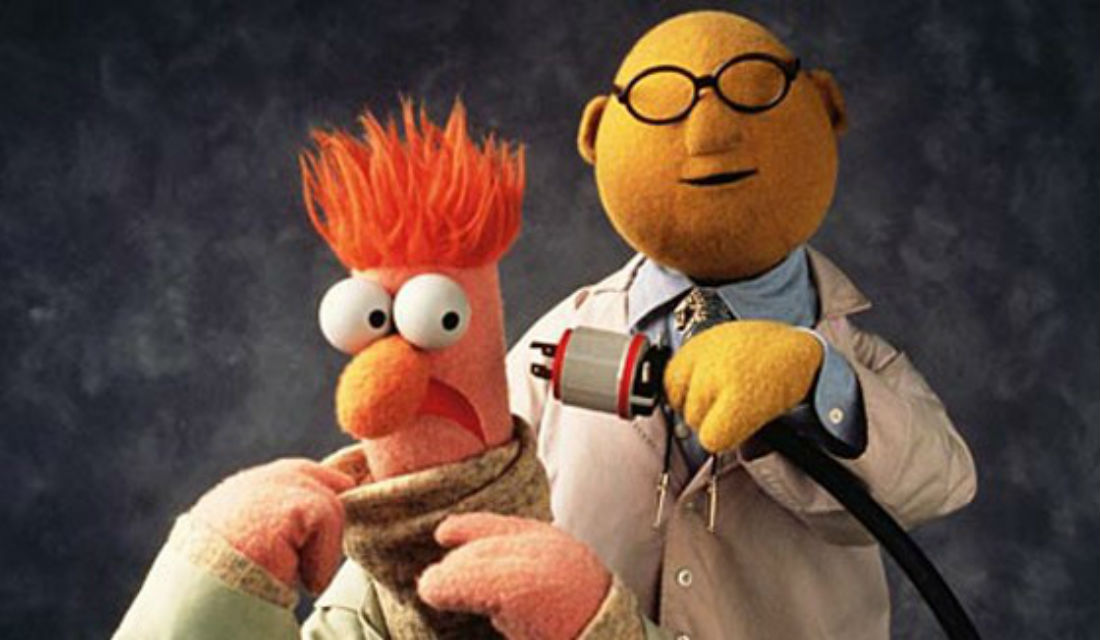
Trust me, I’m a doctor
Is trust morally inferior to belief on evidence?

Ever since the Enlightenment, unbelievers have rubbished the notion of trusting faith as grounds for belief. “Faith is the great cop-out, the great excuse to evade the need to think and evaluate evidence. Faith is belief in spite of, even perhaps because of, the lack of evidence.” Such is the view of evolutionary biologist Richard Dawkins on the topic of informed consent to Christianity.
However, as everyone who has ever been asked to sign a consent form appreciates, faith without evaluating the evidence is an everyday experience in medicine. So, is consent based on trust morally inferior to consent based on empirically verifiable information? Two Danish researcher argue in the journal Bioethics that is it not. “Under appropriate conditions, trust-based consent is not morally inferior to informed consent,” they write. “Consent based on trust has the potential to realize all four underlying moral concerns – autonomy, voluntariness, non-manipulation, non-exploitation – to (at least) the same degree that consent based on information does.”
In particular, consent based on trust, they contend, is consistent with a patient’s autonomy.
we often base decisions about our actions – even ones that may affect our well-being – on our trust in the agents proposing them, and less on information about what they entail. This type of decision-making is not typically considered to be imprudent or irresponsible on behalf of the agent (under proper circumstances), and it would not be unreasonable for the agent to generally expect good consequences as a result of this type of decision-making. We believe that these observations are equally applicable to the decision to participate in medical research. Based on the assumption that two situations that share the same relevant features should receive the same normative evaluation, under proper circumstances, trust-based consent to medical research is no less prudent than consent based on information.
Naturally, as they point out clearly, trust is only morally acceptable if the person (or institution) has been shown to be trustworthy.
https://www.bioedge.org/images/2008images/TH_doctor_bunsen.jpg
Creative commons
https://www.bioedge.org/images/2008images/FB_doctor_bunsen.jpg
informed consent
